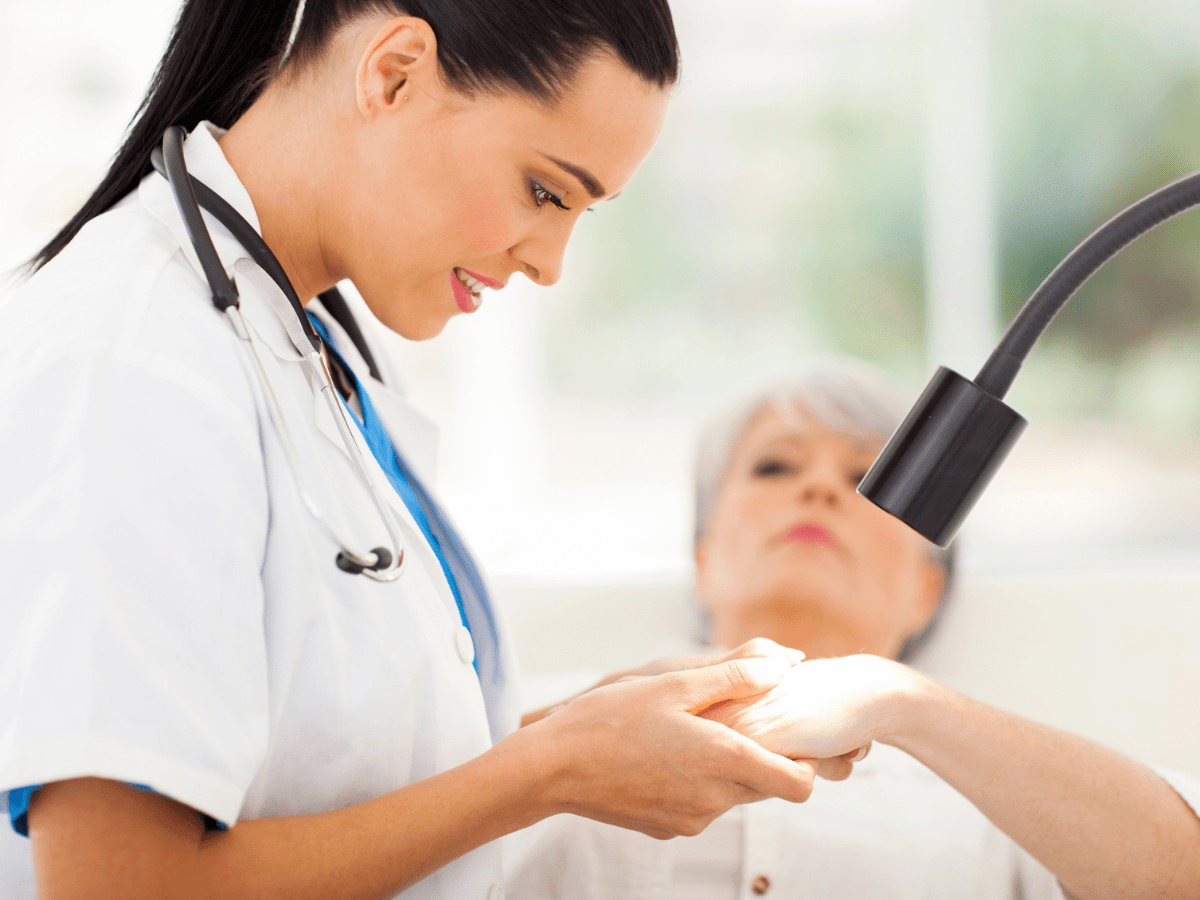Cryosurgery uses extremely cold temperatures to destroy abnormal tissue and treat several skin conditions. Also called cryotherapy or cryoablation, cryosurgery uses argon gas or liquid nitrogen to treat tumors, warts, acne, skin cancers, seborrheic keratoses, and other skin abnormalities.
What Is Cryosurgery?
BENEFITS
There are many advantages to using cryosurgery to treat skin conditions. For starters, it is a non-invasive procedure with minimal scarring and discomfort. It often requires no hospital stay and may be done using local anesthesia or, in some cases, not at all. This makes cryosurgery an ideal choice for those who want to minimize downtime and recovery time. In addition, dermatologists are able to focus on precise treatment areas avoiding damage to nearby healthy tissues.
SIDE EFFECTS
While cryosurgery is an effective treatment for skin conditions, there are some potential side effects to be aware of. However, these side effects are typically rare and less severe than those of traditional treatments. Side effects of cryosurgery may include:
- Scarring
- Swelling
- Scabbing
- Nerve damage
- Loss of skin pigment
Visit Academic Alliance in Dermatology
Our team provides thoughtful, expert care for all your skin health needs. We are proud to offer the most advanced general, surgical and cosmetic dermatological services in the Central and South Florida regions. Your best skin awaits.

